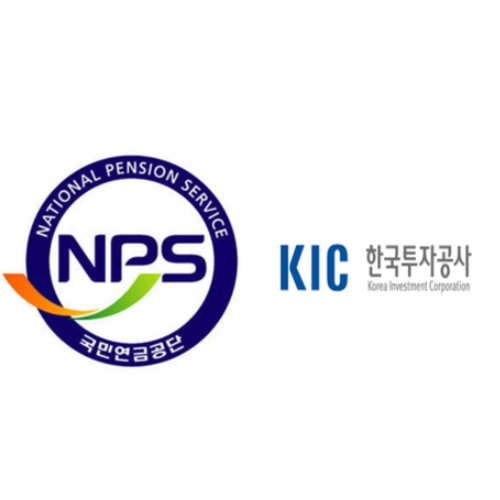Korean pension and investment funds, particularly the KIC (Korea Investment Corporation) and NPS (National Pension Service), are grappling with significant financial challenges due to economic sanctions imposed on Russia. These sanctions followed Russia’s invasion of Ukraine in February 2022, leading to serious financial losses for these major South Korean institutions.
Big Investments in Russian Companies
At the end of 2021, the KIC and NPS had made substantial investments in Russian stocks and bonds. The KIC had about 310 billion won (around $231 million), while the NPS had a whopping 589.3 billion won (approximately $446 million) invested in Russia. This meant that both institutions were counting on these investments to help grow their money.
However, everything changed dramatically when Russia invaded Ukraine in early 2022. As countries around the world reacted to this invasion, many Western nations decided to impose economic sanctions against Russia. Sanctions are like penalties that prevent a country from trading freely. They can stop money from moving in and out of the country, which is exactly what happened in this case.
The Damage Done by Sanctions to KIC and NPS
Due to the sanctions, the investments made by KIC and NPS in Russian companies have faced severe setbacks. By the end of 2023, KIC’s investments had dropped by an astonishing 80%. This means that instead of being worth 310 billion won, KIC’s assets were now only worth 63 billion won (about $48 million). Similarly, NPS also saw a significant decrease. Its investments fell by 26%, going from 589.3 billion won to 433.2 billion won (around $328 million).
This decline in value is extremely worrying for both institutions. The KIC and NPS are essential for the South Korean economy. The NPS is responsible for managing the country’s public pension fund, which helps provide financial support to retired workers. KIC, on the other hand, manages part of South Korea’s foreign exchange reserves, which are important for the nation’s economic stability.
Because of the sanctions, both KIC and NPS have been unable to recover a combined total of 485 billion won (around $367 million) from the Russian stock market. This includes 433 billion won (about $328 million) from NPS and 52 billion won (approximately $40 million) from KIC. The money is effectively frozen, and they can’t get it back to South Korea.
US Cripples Pakistan and China’s Weapons Programs with Harsh Sanctions on Businesses
Investments in Major Russian Companies
The NPS’s assets are tied up in several large Russian companies, which are some of the biggest in the country. For example, it has 93 billion won invested in Sberbank, a major bank in Russia. Additionally, NPS has 80 billion won in Lukoil, a large oil company, and 40 billion won in Gazprom, which is one of the biggest gas companies in the world. Other significant investments include 20 billion won in Tatneft and 14 billion won in both Rosneft and Yandex, a popular Russian internet company.
KIC’s investments also face similar challenges due to the sanctions, but specific figures for their investments in Russian companies have not been detailed as clearly as NPS’s. Both institutions have expressed frustration and concern about their inability to recover these investments, as they are vital for their overall financial health.
The NPS has commented on the situation, stating, “Due to Western sanctions and measures by Russian authorities, the inflow and outflow of funds has been prohibited, preventing foreigners from selling or repatriating funds to their home countries.” This means that the rules set by the sanctions are very strict, and both KIC and NPS cannot move their money out of Russia. They have also mentioned that recovery of their investments will only be possible once the sanctions are lifted.
The Bigger Picture
The situation involving KIC and NPS is not just about money; it highlights a larger issue in the world today. Economic sanctions are a tool that countries use to apply pressure and encourage others to change their behavior. While they can be effective in certain situations, they also create significant challenges for investors and financial institutions.
This scenario demonstrates how interconnected the global economy is. What happens in one country can have ripple effects across the world. The challenges faced by KIC and NPS serve as a reminder that geopolitical events, like wars and international disputes, can have real impacts on financial markets and institutional investors.
Both KIC and NPS are now in a difficult position. They have to manage their finances carefully while waiting for the situation with Russia to improve. The investments they made with the hope of growth have instead led to losses and uncertainty. For many people in South Korea, especially those who depend on the NPS for their pensions, this is concerning.



